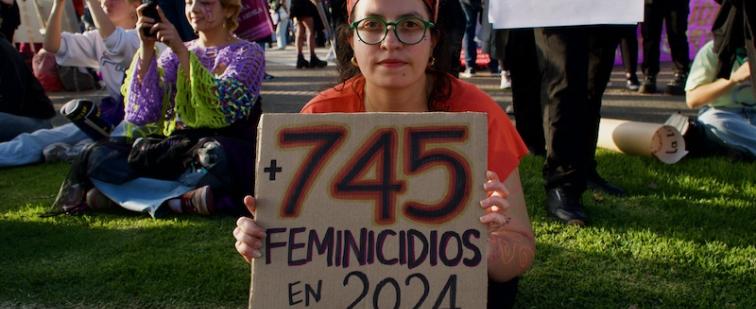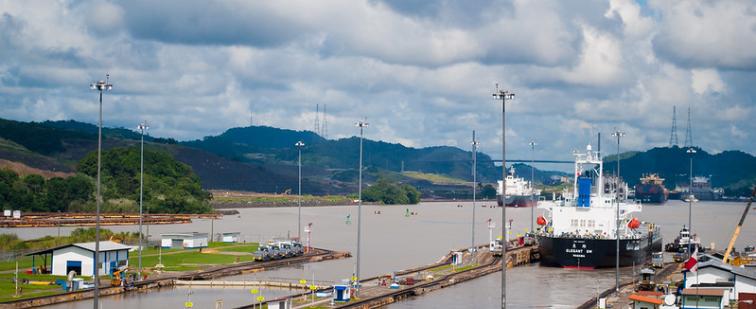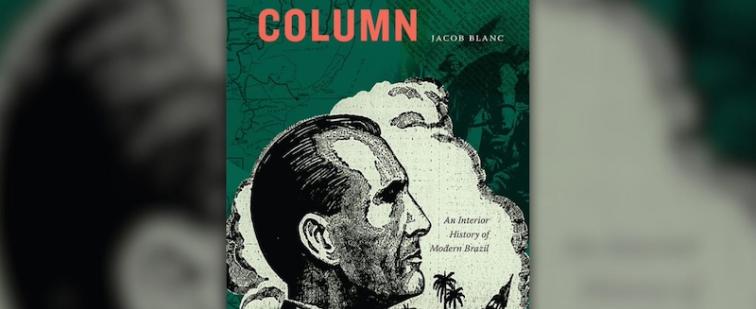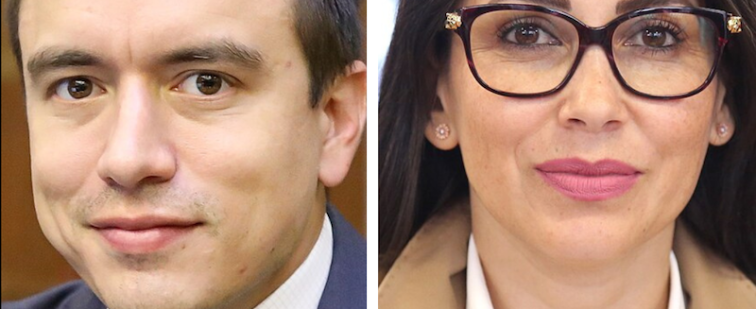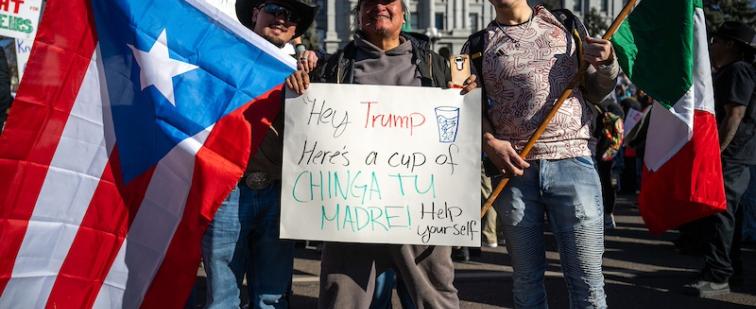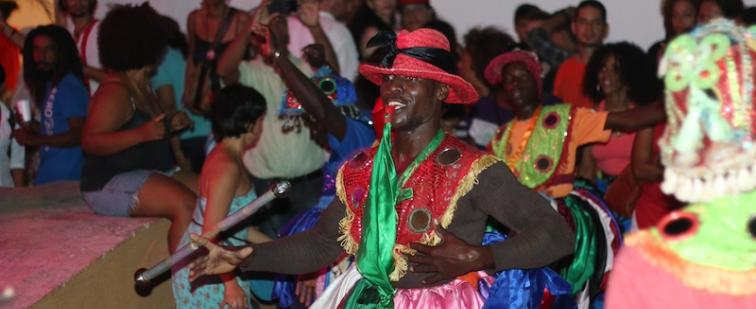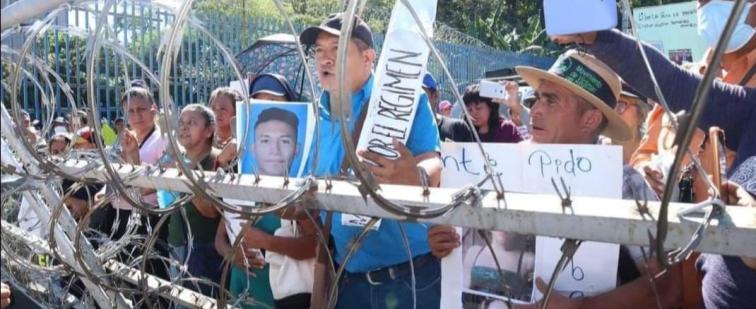Home
For the first time since Chile's return to democracy, the country's ruling political coalition may lose the presidency. The centrist "Concertación" coalition is being challenged from both the left and the right, facing perhaps its toughest electoral battle yet. A relative newcomer to Chile’s political scene has shaken things up: Socialist Party Congressman Marco Enríquez-Ominami, a breakaway Concertación candidate.
Thirty years ago today, the Sandinista National Liberation Front (FSLN) succeeded in removing from power the Somoza family, one of Latin America's most corrupt and violent dictatorships. In the last months of combat, the FSLN launched its final offensive against the regime. Hoyt recalls her personal experiences in Matagalpa during the final months of the Sandinista insurrection.
Salvadorans in the United States helped create the conditions for a free, fair, and transparent election—particularly by undermining right-wing fear tactics in El Salvador that aimed to scare voters away from Funes by suggesting that his election would incur the United States’ wrath. The process provides many important lessons for Latin American countries with large U.S. populations, and immigrant rights activists should also take this page from the FMLN's playbook.
The recent conflict in the Peruvian Amazon is only the most violent symptom of an ongoing cold war being waged by President Alan García against indigenous groups. Besides a racist propaganda campaign and violent repression, the government has tried highly suspect legal mechanisms to disarticulate indigenous power. García's actions are all part of his attempt to unleash the forces of the free market on the Amazon at any cost.
Ousted Honduran President Manuel Zelaya has reiterated his vow to quickly return to his country to re-assume his rightful place as the nation's president. This week will be a determinant moment in the outcome of the crisis caused by the June 28 military coup against Zelaya. The major players in this crisis have all shown signs of growing impatience with the current situation, meaning that everything could come to a head.
From its origins 10 years ago, the multibillion-dollar aid package and militarized anti-narcotics program known as Plan Colombia was understood by its proponents as a model to be applied elsewhere in the hemisphere, and it was—first in Ecuador, Peru, and Bolivia, through the Andean Regional Initiative. More recently, Pentagon planners have been explicitly evoking Plan Colombia as a model for the war in Afghanistan, where counter-insurgency and counter-narcotics efforts have likewise become inexorably entwined.
Fifty years after the Cuban revolution took Latin America by storm, El Salvador became the last Latin American country to restore bilateral relations with Havana. When President Mauricio Funes took office in June, he immediately restored diplomatic ties with the island. The reengagement marks the beginning of the end for the hemispheric Cold War alliances constructed by Washington.
Obama recently met with Colombian President Álvaro Uribe at the White House, where they discussed the pending bilateral free trade agreement. Obama had opposed the deal during his campaign over concern for mass human rights abuses in Colombia, but he has now openly backed the agreement. But reports show that Colombia’s human rights crisis continues to escalate and that its scope and depth extend far beyond the already worrisome murder of trade unionists once condemned by Obama.
Whatever one’s opinion of Venezuelan president Hugo Chávez, one thing is certain: The coup attempt against him on April 11, 2002, together with the tumultuous events leading up to it, were a pivotal moment in the country’s recent history. Unsurprisingly, in the context of deep political polarization in Venezuela at the time, accounts of how the coup took place often constitute partisan positions, as political opponents wage battles to define the truth of what happened.
The Latin America Solidarity Coalition (LASC) condemns the military coup against the democratically elected Honduran President Zelaya. The Honduran social movements, who are courageously resisting the military take-over through protests, occupations and strikes, are calling on the international community to speak up in defense of real and direct democracy, for life, justice, liberty, dignity and peace.

